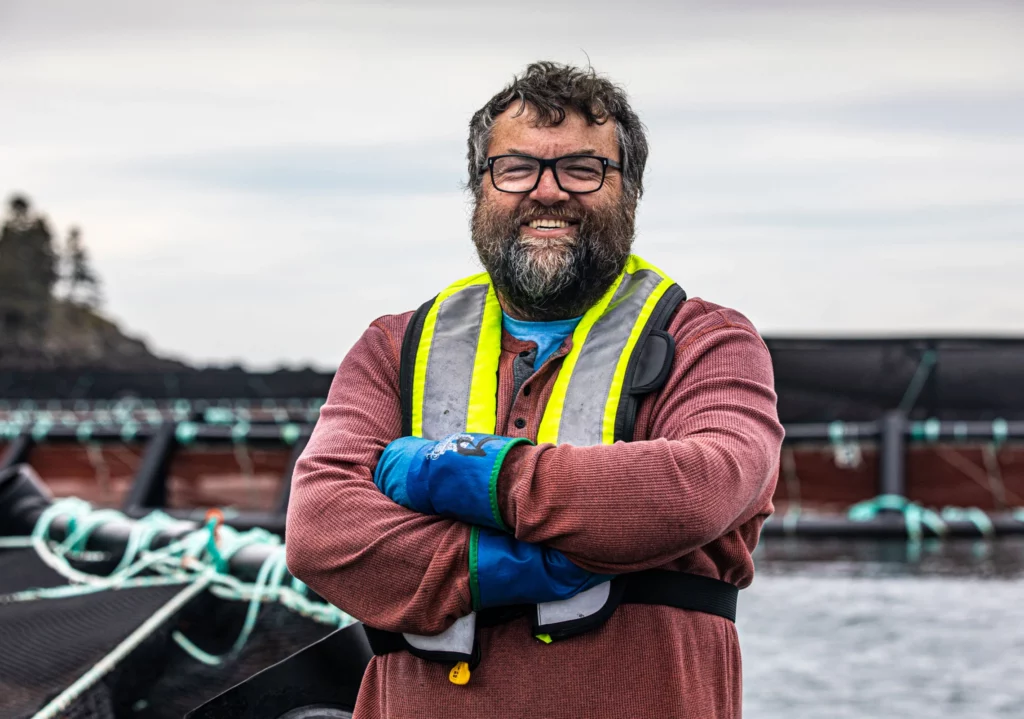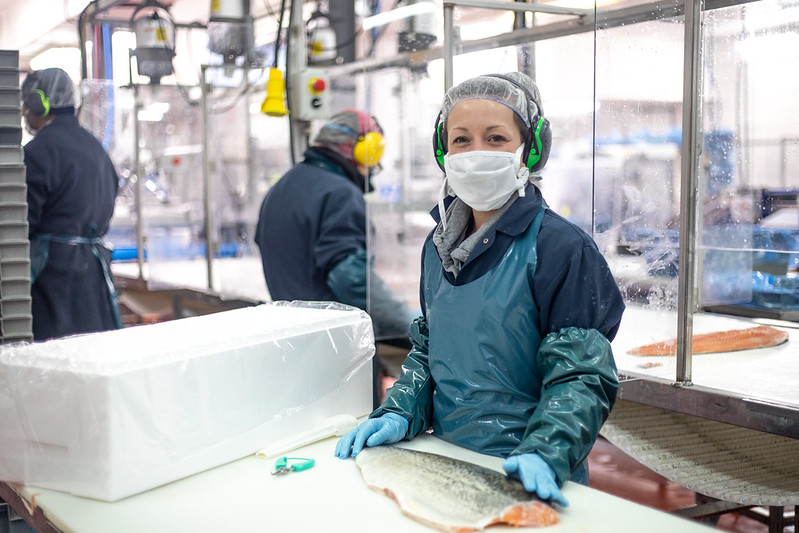Best Aquaculture Practices (BAP) holds Workshop in India on Antibiotic Control, Residue Testing
Best Aquaculture Practices (BAP) is holding a one-day workshop on antibiotic control and residue testing for quality control managers and technicians working in BAP-certified processing plants in India that are capable of offering two-star BAP shrimp and above. Antibiotic control in India has been a key issue raised by the European Union, and BAP is organizing the event to support its certified facilities.
The workshop will be held at The Gateway Hotel in Vijayawada, Andhra Pradesh, on Saturday, July 28. Leading the workshop will be Panchu Duraisamy, BAP country coordinator for India. To sign up, contact him at panchu.duraisamy@globalseafood.org.
Workshop instructors will discuss all aspects of antibiotic residue testing in shrimp, opening with a review of practices in farms and hatcheries, including likely paths of entry for antibiotics in various aquaculture systems. They will also discuss sampling, transport and storage of raw material and finished product for testing at in-house quality control labs and third-party labs; best practices regarding the different testing methods, including the ELISA method; and proper interpretation of test results.
Admission is open only to BAP-certified processing plants that are capable of offering two-star BAP shrimp and above, meaning that the product at least originated from a BAP-certified farm and processing plant. BAP is urging processing plants to send no more than two people per facility, preferably the quality control manager and a technician who routinely conduct antibiotic residue testing at their facility.
BAP is the world’s most comprehensive third-party aquaculture certification program, with aquaculture standards encompassing environmental responsibility, social responsibility, food safety, animal health and welfare and traceability. It’s also the only program to cover the entire aquaculture production chain — processing plants, farms, hatcheries and feed mills. Mandatory antibiotic residue testing is also required as part of the certification.
Through the first half of 2018, there were 2,079 BAP-certified processing plants, farms, hatcheries and feed mills in 34 countries and six continents. Currently, there are more than 300 BAP-certified facilities in India alone, the vast majority of which handle shrimp.
About BAP
A division of the Global Aquaculture Alliance, Best Aquaculture Practices is an international certification program based on achievable, science-based and continuously improved performance standards for the entire aquaculture supply chain — farms, hatcheries, processing plants and feed mills — that assure healthful foods produced through environmentally and socially responsible means. BAP certification is based on independent audits that evaluate compliance with the BAP standards developed by the Global Aquaculture Alliance.




